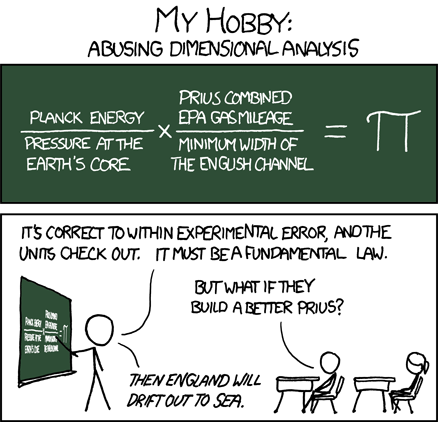In no way does dark matter contradict relativity. Einstein never said light interacts with everything.
Dark energy is certainly not something Einsteinian, because he believed in a static, unchanging universe, yet it slots in fairly nicely with the rest Relativity.
Nobody is quite sure what is altering the Pioneer probes, so until there's more information you can't say what's going on. It may well be due to mis-calibration or malfunction, though unlikely.
Dark energy is certainly not something Einsteinian, because he believed in a static, unchanging universe, yet it slots in fairly nicely with the rest Relativity.
Nobody is quite sure what is altering the Pioneer probes, so until there's more information you can't say what's going on. It may well be due to mis-calibration or malfunction, though unlikely.


